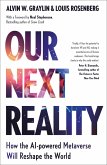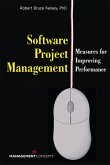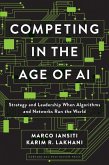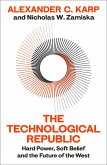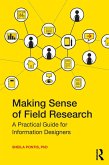The development of new Information and Communication Technologies (ICTs) has transformed the world over the last two decades. These technologies are often seen as being inherently 'good', with the ability to make the world better, and in particular to reduce poverty. However, their darker side is frequently ignored in such accounts. ICTs undoubtedly have the potential to reduce poverty, for example by enhancing education, health delivery, rural development and entrepreneurship across Africa, Asia and Latin America. However, all too often, projects designed to do so fail to go to scale, and are unsustainable when donor funding ceases. Indeed, ICTs have actually dramatically increased inequality across the world. The central purpose of this book is to account for why this is so, and it does so primarily by laying bare the interests that have underlain the dramatic expansion of ICTs in recent years. Unless these are fully understood, it will not be possible to reclaim the use of these technologies to empower the world's poorest and most marginalised.
Dieser Download kann aus rechtlichen Gründen nur mit Rechnungsadresse in A, B, BG, CY, CZ, D, DK, EW, E, FIN, F, GR, HR, H, IRL, I, LT, L, LR, M, NL, PL, P, R, S, SLO, SK ausgeliefert werden.
Hinweis: Dieser Artikel kann nur an eine deutsche Lieferadresse ausgeliefert werden.




